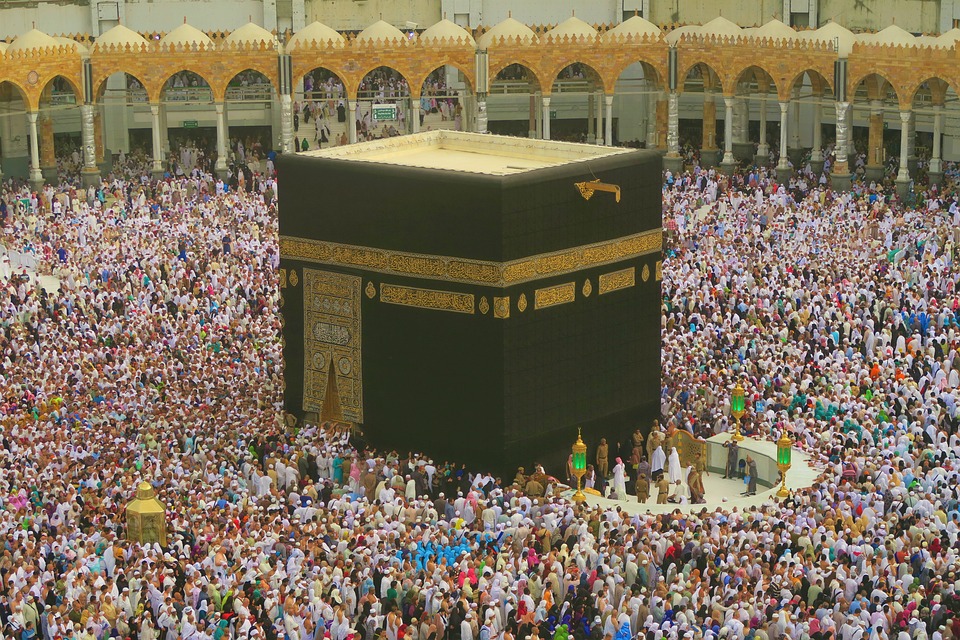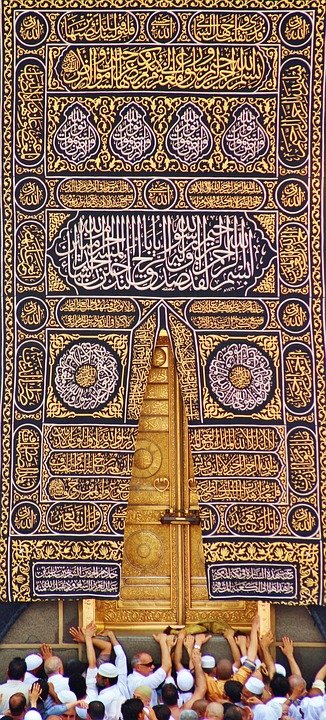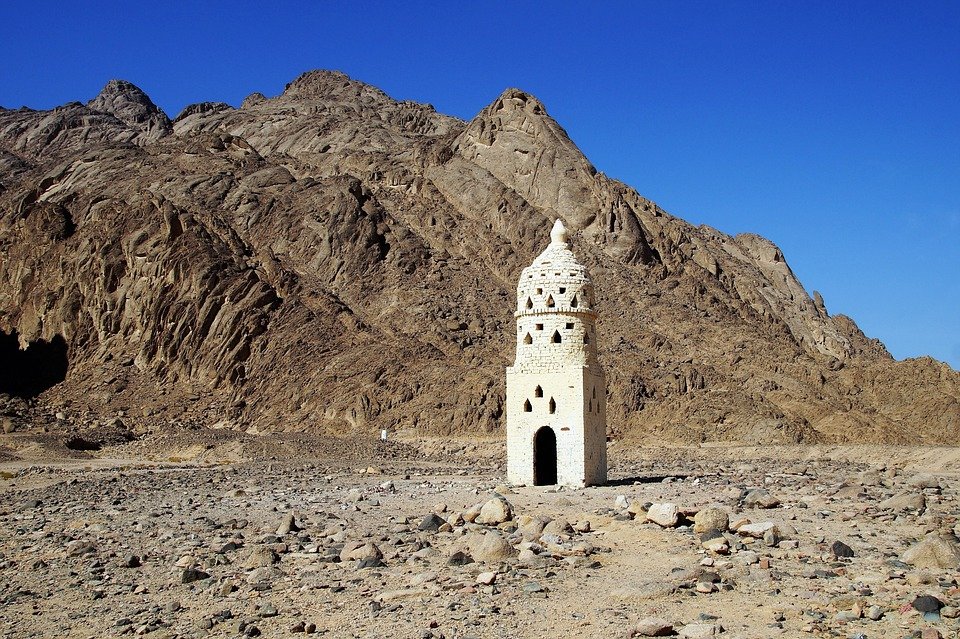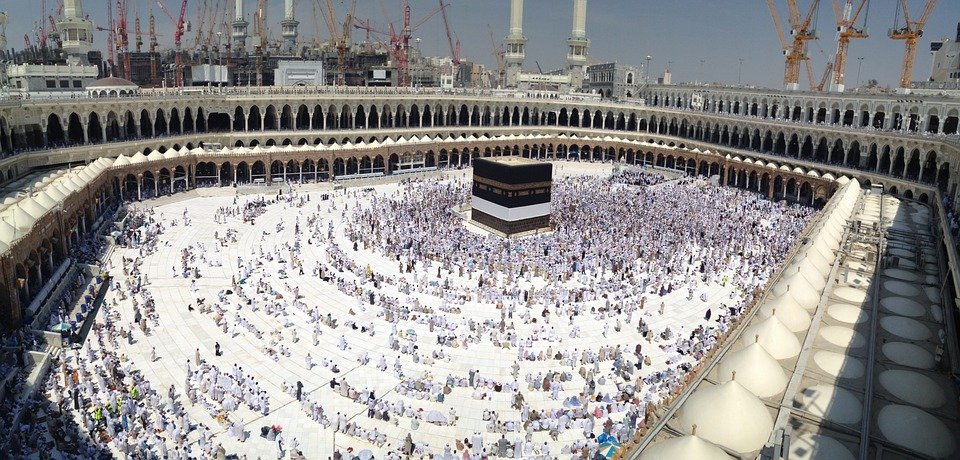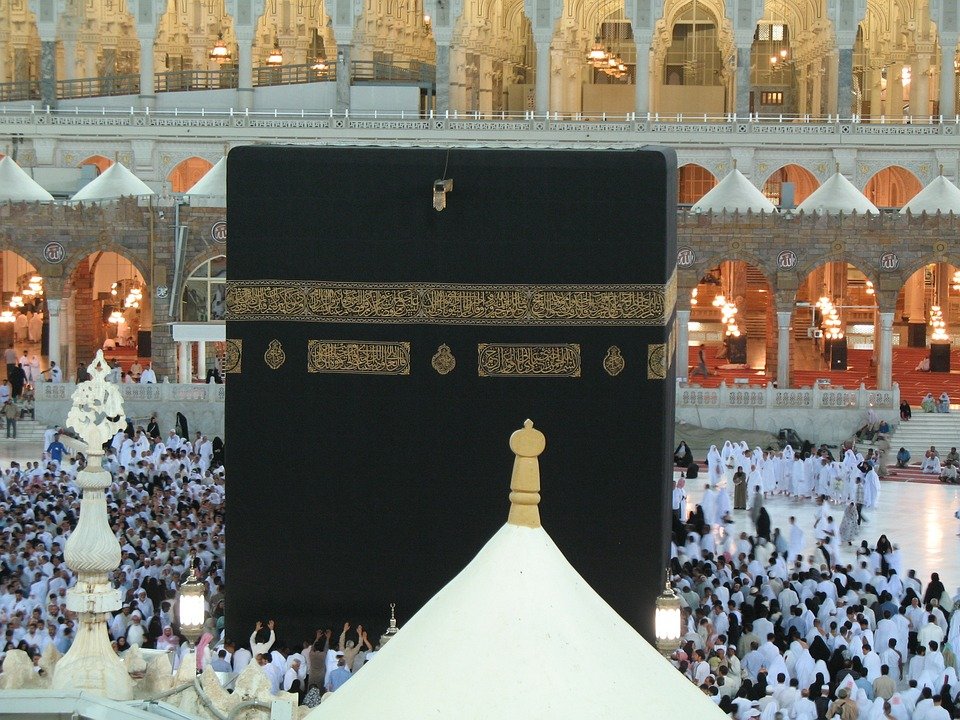When exploring the topic of “how many days in the Hajj,” you’ll find that this sacred pilgrimage lasts for five days, from the 8th to the 12th of Dhul-Hijjah in the Islamic calendar. In this article, I promise to provide you with a comprehensive guide that breaks down each day of Hajj and its significance. Understanding how many days in the Hajj is crucial for every pilgrim, and I believe that with the right information, you will feel more prepared for this once-in-a-lifetime experience.
The significance of how many days in the Hajj goes beyond mere numbers; it represents a vital aspect of Islamic faith and devotion. Each day features specific rituals that foster spirituality and unity among millions of Muslims from around the globe. Our expertise in this area, backed by nine years of experience with Airlinkhajjandumrah.com in Umrah and Makkah, Madinah travel since 2016, allows us to share valuable insights and details regarding “How Many Days in the Hajj: Essential Guide to Pilgrimage Time.” I truly believe this information will enhance your understanding and appreciation of this important pilgrimage.
What Is Hajj?
Hajj is a special pilgrimage that millions of Muslims make every year to the holy city of Makkah. This pilgrimage has great meaning and importance in Islam, as it is one of the Five Pillars of Islam. Muslims believe that performing Hajj is a way to seek forgiveness, show devotion, and connect deeply with their faith. But what exactly happens during this incredible event?
During Hajj, individuals follow specific rituals that have been practiced for centuries. These rituals include walking around the Kaaba, standing at the plain of Arafat, and collecting stones for the symbolic stoning of the devil. Each part of Hajj represents spiritual cleansing and renewal, serving as a reminder of humility and devotion to God. It’s a time for reflection and community, as people from different backgrounds gather to share their faith.
How Many Days Is Hajj?
When we think about how many days in the Hajj, it’s important to note that the pilgrimage lasts for five days, but the entire experience may take longer. Most pilgrims arrive in Makkah a few days before the actual starting date to ensure they are well-prepared and can adjust to the atmosphere. The main rituals occur from the 8th to the 12th day of Dhu al-Hijjah, the last month in the Islamic calendar.
As each day unfolds, pilgrims engage in a series of well-defined rituals. These rituals vary from day to day, including the Tawaf (circumambulation around the Kaaba) and standing at Arafat. Completing these acts is vital for fulfilling the Hajj properly. Since the pilgrimage is a busy time, it is wise to plan ahead to make the most of each moment spent in this sacred place.
The Significance of Each Day
Each day of Hajj holds its own unique meaning and significance. The 8th of Dhu al-Hijjah marks the day of Tarwiyah, when pilgrims prepare to leave Makkah and head to Mina. They spend this day in prayer and reflection, gearing up for the days ahead. The atmosphere may be full of excitement, understanding that they are about to embark on something life-changing.
On the 9th of Dhu al-Hijjah, pilgrims journey to Arafat. This day is incredibly important, as standing at Arafat is often considered the pinnacle of Hajj. During this time, they engage in prayer, asking for forgiveness and pondering their lives. Many believe that the prayers made on this day hold special power, so they take full advantage. After sunset, they move to Muzdalifah to collect stones, preparing for the symbolic stoning ritual. Each day’s significance reinforces the overall spiritual experience of Hajj.
Preparation Time Before Hajj
Before embarking on Hajj, preparation is essential. Many individuals arrive in Makkah several days ahead of the main pilgrimage days. This extra time allows them to acclimate to the weather and atmosphere while settling into their accommodations. It is also an opportunity to perform Umrah, which is a smaller pilgrimage that can be done at any time of the year.
Preparation goes beyond just physical readiness. Mentally, it is vital to approach Hajj with a spirit of humility and gratitude. Many pilgrims spend time reflecting on their intentions, crafting goals for their time in Makkah. I think this mindset enriches the experience, making it even more profound. It’s about connecting with your faith, understanding its significance, and what you hope to gain from the pilgrimage.
Travel and Logistics
Getting to Makkah for Hajj involves careful planning and logistics. Many individuals rely on tour operators to help navigate the complexities of travel arrangements and accommodations. Luckily, trusted tour operators often provide packages that include flights, hotels, and transportation services. This can significantly ease the burden of travel, allowing individuals to focus more on the spiritual aspect of their pilgrimage.
It’s important to book accommodations early as hotels fill up quickly due to the large influx of pilgrims. Moreover, understanding local customs and regulations is crucial for a smooth experience. Each day can be quite busy, making prior arrangements essential for a stress-free pilgrimage. Having reliable transportation helps ensure that pilgrims arrive at their rituals on time, avoiding missed opportunities to engage in the spiritual experience.
Health and Safety Considerations
Health and safety during Hajj cannot be underestimated. With large crowds gathered for spiritual purposes, staying healthy is essential for fully participating in the sacred rituals. Pilgrims should prioritize hydration and rest, especially given the heat of Makkah. Carrying a water bottle can help maintain hydration levels, as it’s easy to overlook drinking enough fluids in a bustling crowd.
Furthermore, seeking medical advice before the pilgrimage is wise. Many individuals may require vaccinations, especially for communicable diseases. Understanding how to stay healthy during the pilgrimage ensures that each person can experience Hajj without encountering unnecessary health issues. Carrying a small health kit with basic medications can also be beneficial during this time.
Post-Hajj Reflections
The experience of Hajj leaves a profound impact on every pilgrim. Once the pilgrimage concludes, many take time to reflect on their experiences and what they have learned. This period of introspection helps them process the spiritual journey and encourages them to share their experiences with friends and family.
In many ways, the lessons learned during Hajj extend far beyond the pilgrimage itself. Pilgrims often find themselves more patient, empathetic, and grateful for life’s blessings. I feel that these transformations inspire individuals to make positive changes in their lives. The experience of Hajj certainly serves as a catalyst for personal growth and spiritual awakening, encouraging pilgrims to carry these lessons into their daily lives.
Mushu, an experienced Saudi Arabia traveler and writer, shares insightful tips and spiritual reflections to enhance Hajj and Umrah journeys for fellow pilgrims. He has been to Makkah and Madina from 2016 to 2023 many times and his posts will reflect this.


